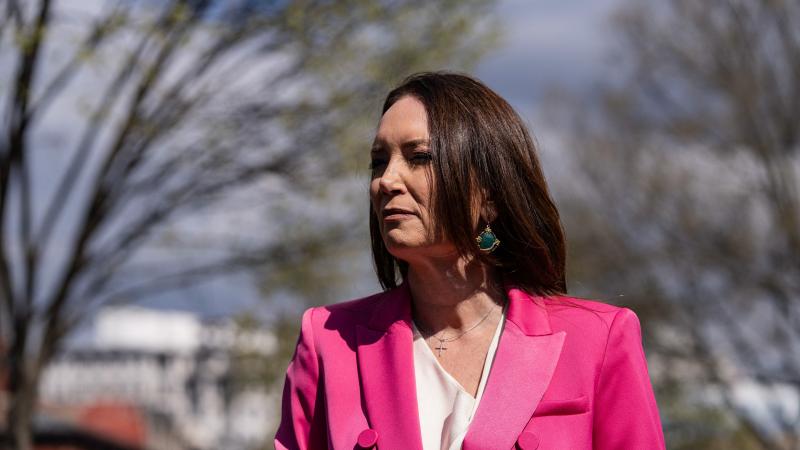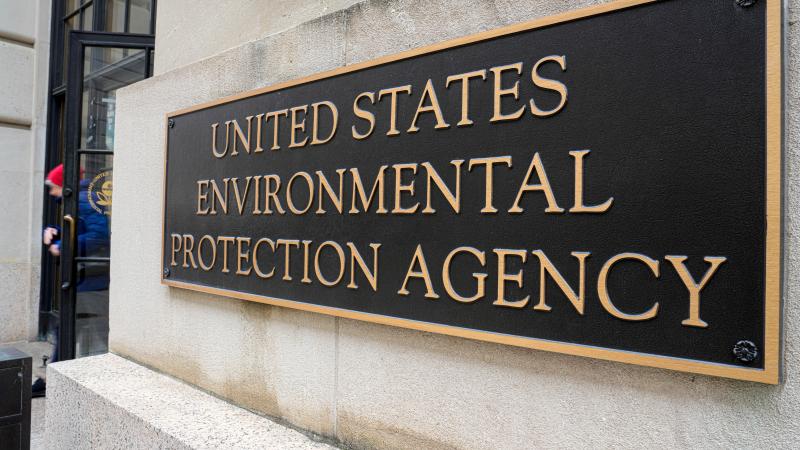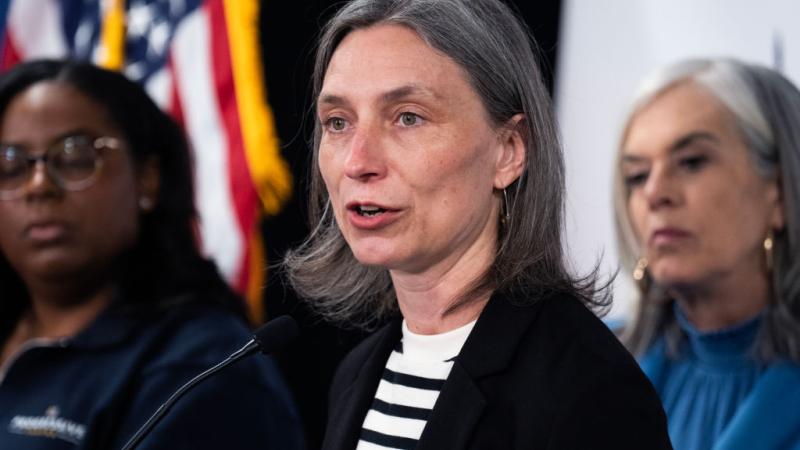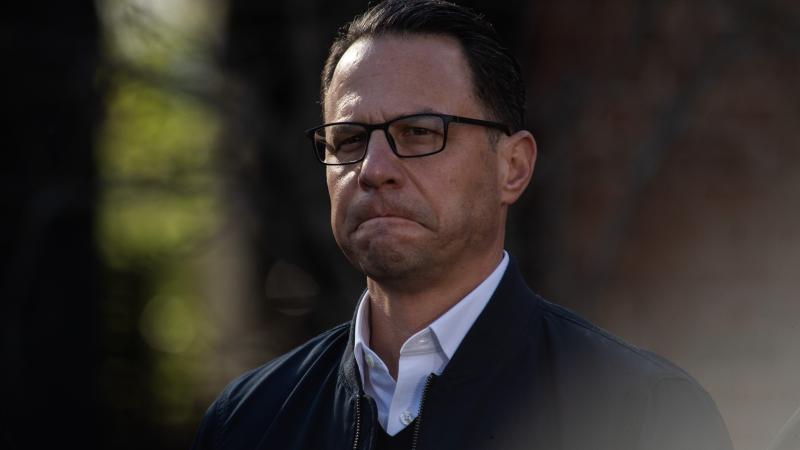Is climate change next excuse for not returning to workplace? One news outlet championed question
Some energy executives say that working at home shows no meaningful energy savings and that it comes at a high price of productivity
Activists have often invoked climate change to justify proposals like eating insects or stopping cow burps. But will it now be used to keep workers from returning to the office?
That’s the question championed in a recent news article entitled the “Dirty downside of 'return to office': Push to end work-from-home could make climate crisis worse.”
Business Insider interviewed a woman under the alias "Rachel," who told the outlet a job she voluntarily took is "forcing her" to appear in-office rather than work remotely. This "environmental impact of her new routine," the article reads, has made her resentful. The job requires her to commute to its Silver Spring, Maryland, office at least two days a week, purportedly 30 to 40 minutes each way.
"I get kind of furious when I drive to work and see the road choked with traffic," she told the outlet, saying it’s "incredibly harmful to the environment" and that offices "generate so much waste, like paper and plastic cups and utensils."
The piece goes on to describe the "commuting cost" and other negative environmental consequences often attributed to in-office work. At the end, Rachel said she believes "we go in [to work] because our CEO likes to have people to talk to."
Business Insider did not identify the company at which "Rachel" is working. But it did quote James Elfer, the founder of More Than Now, a behavioral sciences firm for workplaces, as saying that he was surprised climate change wasn’t a bigger consideration for ending telecommuting, at least for companies professing to be green friendly.
"It's shocking that this isn't part of the conversation, especially at companies that claim to care about sustainability," Elfer said. "It's a missed opportunity to explore an employer's colossal influence on our behavior."
Others have a different take.
Western Energy Alliance President Kathleen Sgamma said that in-person work is much more justifiable than "Rachel" made it out to be. Western Energy Alliance says it represents "200 member companies engaged in all aspects of environmentally responsible exploration and production (E&P) of oil and natural gas in the West."
"There's a reason that people convene together and come together, whether it's in the office, or for conferences… because there's also a huge social benefit to human interaction," Sgamma said.
Her nonprofit outfit meets in person twice a week "because sometimes, when you're working on things together as a team, you need time for face-to-face collaboration.
"I know from personal experience [that] sometimes what took two hours could have been cleared out by a five minute conversation," she added.
The COVID-19 lockdowns led to a three-fold increase in people working remotely, according to Axios. At the same time, productivity declines have been well documented. Business Insider reported in an article last week that remote employees were as much as 20% less productive than their colleagues working in the office.
A report released in March 2023 by the Bureau of Labor Statistics shows labor productivity has declined, saying "This is the first time since 1993 that both capital and labor growth have outpaced output growth, leading to the decline in total factor productivity. Besides the COVID-19 pandemic year of 2020, this is the largest decline in productivity since 1982." The BLS report did not address the impact of working at home on that decline.
Just the News spoke with Power the Future President Daniel Turner, who felt that using climate change as an excuse for remote work is another example of how it has been weaponized by activists for personal gain.
"Climate change is the excuse for inaction; it's the excuse for laziness; it's the excuse for privilege; it's the excuse for everything… it’s the greatest invention the Left has come up with," Turner said.
"During COVID, we saw the tremendous privilege of certain people demanding the right to work from home while expecting truckers, delivery apps, grocery stores, etc. to continue working in-person," and it’s "no different" with this, he continued.
Turner, whose entire operation's work is done remotely, pointed to Elon Musk who, despite being more progressive on climate change, openly loathes remote work for many reasons, one of which is the same reason Turner stated above.
"The people who make your food that gets delivered—they can’t work from home? The people that come fix your house… can’t work from home, but you can?" Musk said in a May CNBC interview: "That’s messed up."
Moreover, Sgamma alleged hypocrisy within climate change circles. Fossil fuels are used in day-to-day life for leisure activities, but they only seem to get a bad rap on certain occasions.
People like "Rachel" aren’t "sitting home 24/7" in order to reduce their carbon footprint, Sgamma said. We often drive to places "for pleasure," and remote workers have often gone on vacations around the world during their work weeks.
"There's a reason that we as a society emit greenhouse gas emissions, and it's because oil, natural gas, [and] coal all provide such huge benefits, that we use them every day," Sgamma expressed.
Those benefits have been enjoyed by countless Biden administration officials, including Biden himself, despite Biden publicly bashing the fossil fuel industry. Figures like John Kerry, Pete Buttigieg, and more have been slammed for excessive private jet trips.
According to a recent Government Accountability Office (GAO) audit, an estimated 450 Biden officials flew overseas to climate summits, violating their own federal carbon tracking rule while doing so.
High-level government officials aren't the only people potentially abusing the work at home policy to travel. The Society for Human Resource Management noted that an new buzzword has entered the labor lexicon: "Workcation." "This buzzword has been popping up more since many employees shifted to remote or hybrid work. [...] Employees who take a workcation continue doing their remote jobs from an ideal location that they explore in their free time."
Follow Addison on Twitter.















